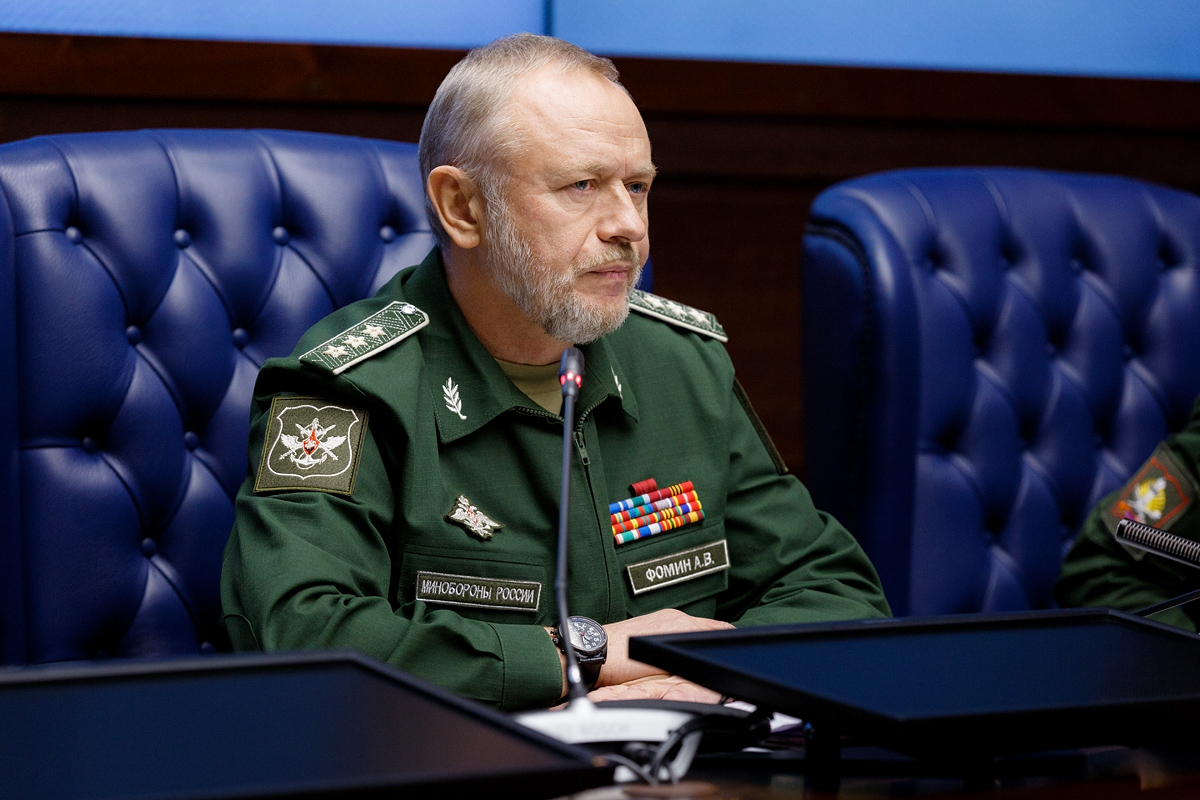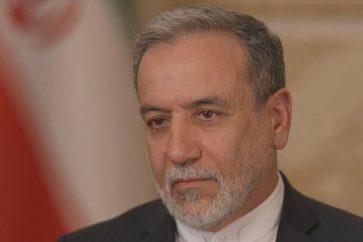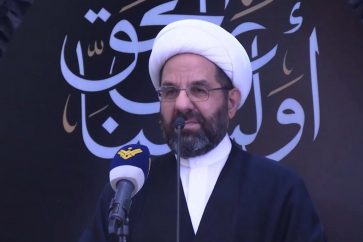Russia’s Deputy Defense Minister Alexander Fomin has criticized US refusal to extend the New START arms control treaty as well as its plans to deploy missiles in Europe, vowing to take “proportionate retaliatory measures.”
“Russia invited the United States to prolong the New START (Measures for the Further Reduction and Limitation of Strategic Offensive Arms) and simultaneously get down to joint work to draft a new agreement that would take into account all factors influencing strategic stability,” Fomin said in an interview with local daily Rossiiskaya Gazeta on Sunday.
“In the light of the current political situation in the United States, we do not rule out that the US stance on this issue may change,” Fomin added, while insisting that the American side has different priorities, for which reason it has shown little interest in extending the treaty that will expire on February 5, 2021.
“If our call fails to meet with support and US missiles begin to be deployed in Europe, we reserve the right to take proportionate retaliatory measures,” Fomin warned.
The deputy defense minister then underlined that the US had persistently pressed ahead with a policy of building up its military potential, saying, “On a variety of far-fetched pretexts, the American side has relinquished its obligations in the field of arms control that impede attempts at trying to achieve global supremacy.”
“After quitting the ABM Treaty in 2002, the US terminated the Intermediate Nuclear Forces Treaty (INF),” he added, noting that in efforts to minimize the negative impacts of the US withdrawal from the INF, “Russia asked NATO countries to join its moratorium on the deployment of intermediate and shorter range missiles.”
The US suspended its compliance with the INF on February 2, 2019 after accusing Russia of alleged violations. Moscow, however, dismissed all of Washington’s claims while making its own counterclaims over the American non-compliance with the treaty, namely the US deployment of missile defense systems in Europe.
NATO activity near Russia borders may cause major incidents
Fomin further pointed to the growing air and naval activities by members of the US-led NATO military alliance, warning that such moves may be fraught with the risk of major incidents.
“The outgoing year saw a major upsurge in the alliance’s air and naval activity. Situations capable of resulting in major incidents have been ever more frequent,” he emphasized.
He then recalled that on the eve of the 75th anniversary of the Victory in the Great Patriotic War, a group of NATO ships held war games in the Barents Sea, noting that in August and September 2020 there were more than 15 flights by US strategic bombers B-52H and B-1B near Russian borders.
He further pointed out that on October 13, 2020, Britain’s destroyer — The Dragon — carried out a voyage through Russia’s territorial sea waters in the area of Cape Khersones, and on November 24, 2020, American destroyer — USS McCain — entered the Peter the Great Gulf.
“The aforesaid actions were openly provocative. Incidents were avoided entirely thanks to the high professionalism of Russian air pilots and sailors,” Fomin said.
Fomin also advised all sides involved to avoid efforts to treat Russia from the position of strength, contrary to calls by Germany’s Defense Minister Annegret Kramp Karrenbauer in the Bundestag.
“Threats to use force are a direct violation of the UN Charter. Such actions will not remain without our proper response. We’ve always proceeded from the understanding that the most complicated problems must be addressed at the negotiating table,” he underlined.
“We are prepared for a professional and constructive dialog on the condition of observance of principles of mutual respect and each other’s interests.”
Source: Agencies




